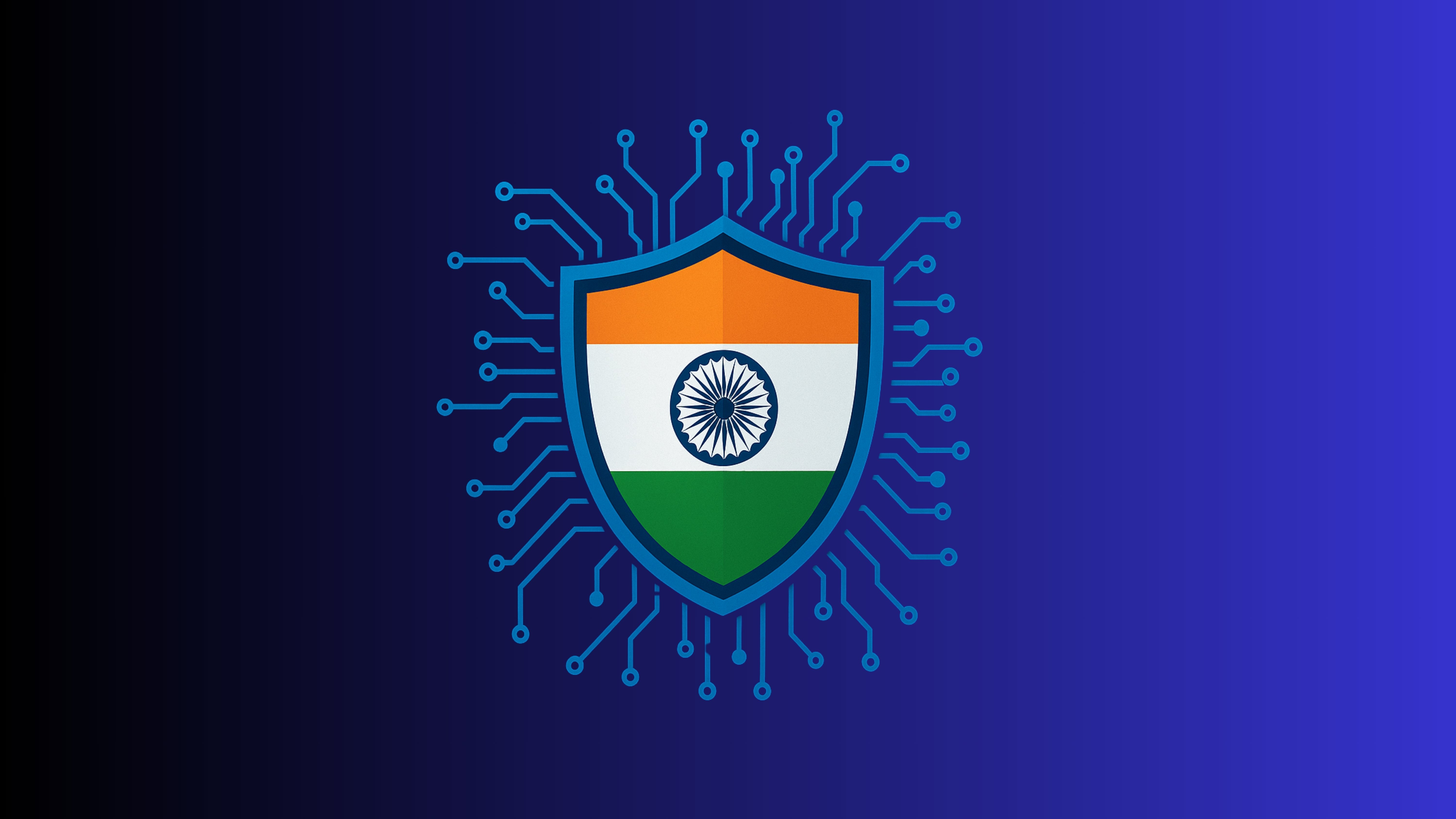Scrutiny has intensified around X after its Grok chatbot was found generating non-consensual explicit images when prompted by users.
Grok had been positioned as a creative AI assistant, yet regulators reacted swiftly once altered photos were linked to content involving minors. Governments and rights groups renewed pressure on platforms to prevent abusive use of generative AI.
India’s Ministry of Electronics and IT issued a notice to X demanding an Action Taken Report within 72 hours, citing failure to restrict unlawful content.
Authorities in France referred similar cases to prosecutors and urged enforcement under the EU’s Digital Services Act, signalling growing international resolve to control AI misuse.
Elon Musk responded by stating users, instead of Grok, would be legally responsible for illegal material generated through prompts. The company said offenders would face permanent bans and cooperation with law enforcement.
Critics argue that transferring liability to users does not remove the platform’s duty to embed stronger safeguards.
Independent reports suggest Grok has previously been involved in deepfake creation, creating a wider debate about accountability in the AI sector. The outcome could shape expectations worldwide regarding how platforms design and police powerful AI tools.
Would you like to learn more aboutAI, tech and digital diplomacy? If so, ask our Diplo chatbot!










